Saudi princes tortured, blackmailed during 2017 'sheikhdown': Report
A new report has shown that Saudi royals, billionaires and senior government officials were tortured and blackmailed in early November 2017, when they were rounded up and detained at the Ritz-Carlton hotel in an extraordinary power play by Crown Prince Mohammed bin Salman (MbS) to remove people who could potentially pose a political threat.
“On the first night, everyone was blindfolded and nearly everyone was subjected to what Egyptian intelligence calls the ‘night of the beating,’” an unnamed source with intimate knowledge of what took place told British daily newspaper the Guardian.
The source added, “People were asked if they knew why they were there. No one did. Most were beaten, some of them badly. There were people tied to the walls, in stress positions. It went on for hours, and all of those doing the torturing were Saudis.”
The “night of the beating” was apparently intended to “soften up” the detainees before the interrogators arrived to question them about corruption.
Some of the prisoners spoke of being threatened with the release of private information, such as extramarital affairs, or business dealings that would have caused great controversy.
One source said the interrogators “in fact knew very little and were winging it. They were OK on Saudi assets, but they were hopeless on the offshore stuff.”
“Often they had no idea what they were looking for. It became straight up blackmail in some cases, because some of the detainees were refusing to sign anything. There was no due process. There is no such thing in the Saudi justice system as a plea bargain, but that was what they were trying to enforce,” many of those detained said.
They told aides they were baffled why they were there. Some had been confidantes of the ultra-conservative Saudi monarchy over generations, and had enjoyed relationships with the oligarchs, who had not been shy in cultivating business leaders through access and largesse.
A senior banking source, who refused to be named, said executives across the Swiss banking sector had launched an investigation in the wake of irregular transactions at the time of the crackdowns.
“A lot of these transfers appear to have been made under duress. Some were stopped, because the requests were not routine. But some got through,” the source noted.
Whilst Saudi officials say up to $107 billion was recovered from 87 people and returned to the Saudi treasury as a result of the purge, informed sources told the Guardian that the figure seized was closer to $28 billion.
The purge, also nicknamed the “sheikhdown”, purportedly came at the price of breaking trust between the monarchy and the Saudi business community.
One of the sources said the November 2017 round-up at the Ritz-Carlton hotel in Riyadh “was about consolidating his (MbS) rule, plain and simple” and came before the cruel murder of dissident journalist Jamal Khashoggi at the Saudi consulate in Istanbul on October 2, 2018.
“The fact that he got away with it allowed him to do the latter. The same guards involved in the Ritz were involved in the killing. History won’t be kind to MbS on either,” the source said.
Prominent dissident cleric’s brother sentenced to five years in prison
Separately, a court in Saudi Arabia has sentenced the brother of jailed prominent dissident cleric Sheikh Salman al-Odah to five years in prison on charges of “inciting discord.”
“Authorities, via a special criminal court in Riyadh, have sentenced my uncle to five years in prison and issued him a travel ban on charges of exploiting his brother's case to foment discord and harm security,” the 63-year-old cleric’s son Abdullah al-Odah tweeted.
The Prisoners of Conscience, an independent non-governmental organization advocating human rights in Saudi Arabia, confirmed the sentence in a post on its official Twitter page, saying Khaled was transferred to Riyadh “handcuffed and feet bound” in his first secret trial session in October 2018.

The advocacy group said that in 2018, before his first session in court, he was deprived of his medication and consequently fainted in the courtroom.
Khaled was arrested three and a half years ago after he showed solidarity with his influential brother on social media.
Saudi authorities detained Sheikh Salman al-Odah in September 2017, and have held him in solitary confinement without charge or trial ever since. The officials have imposed travel bans on members of his family as well.
The detained cleric has written hundreds of articles on Islamic law while at the same time embracing modernity and democracy.
Both Odah's family and Saudi media have previously said the detained scholar faces the death penalty, but the charge sheet has not yet been made public.
Ever since bin Salman became Saudi Arabia’s de facto ruler in 2017, the kingdom has arrested dozens of activists, bloggers, intellectuals and others perceived as political opponents, showing almost zero tolerance for dissent even in the face of international condemnations.
Muslim scholars have been executed, women’s rights campaigners – including Loujain al-Hathloul – have been put behind bars and tortured, and freedom of expression, association and belief continue to be denied in the kingdom.
VIDEO | US support for Israel’s expansionist agenda
Palestinians granted only 66 building permits in West Bank over 11 years: Report
Somaliland ready to give US access to its minerals, military bases: Minister
VIDEO | Iran's game changing retaliation boxes- part 1
VIDEO | Iran's game changing retaliation boxes- Part 2
VIDEO | Palestinian widow raises three kids in Gaza as her husband killed by Israel
Palestinian teen killed as raids and settler violence intensify across West Bank
Iran’s layered arsenal primed to deter – and decimate – US warships in Persian Gulf


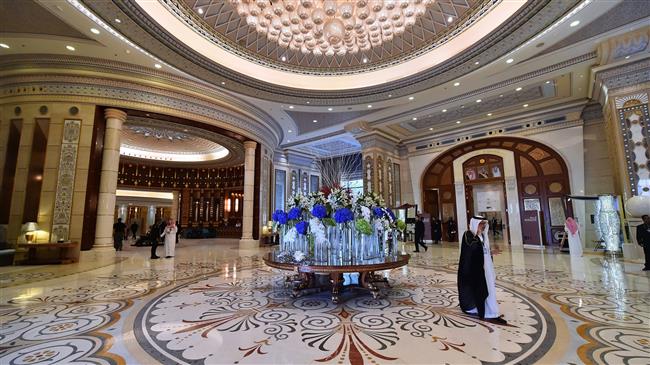



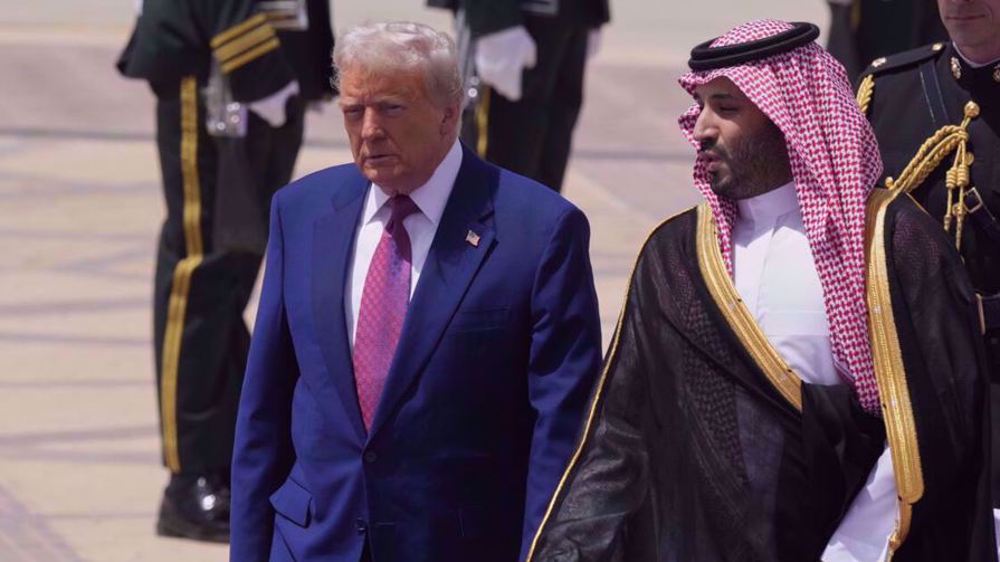
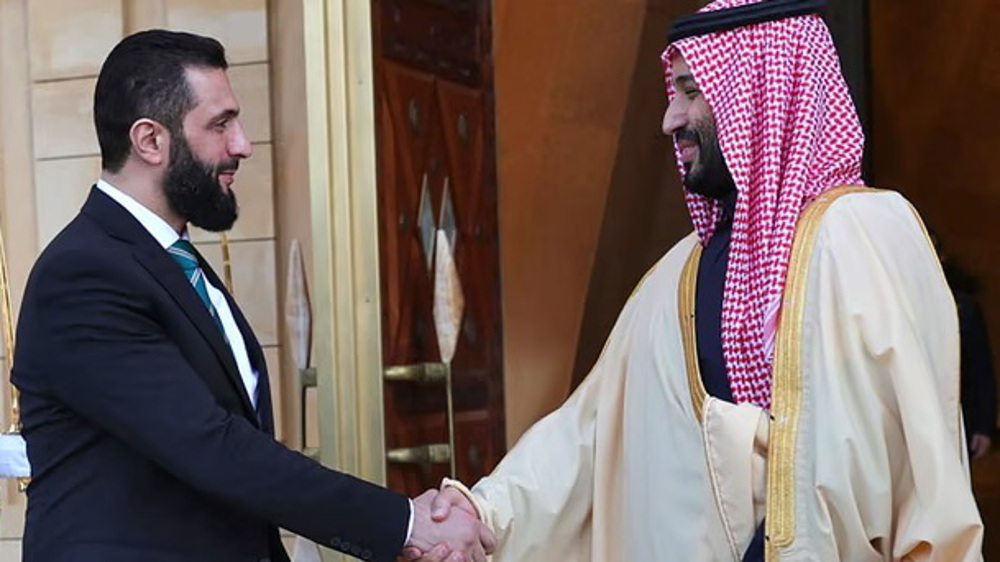
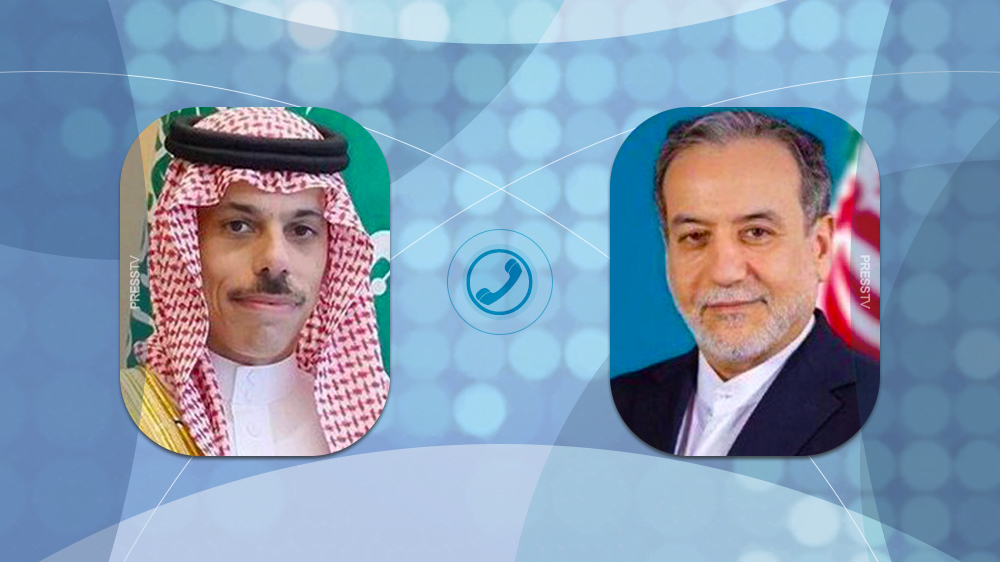



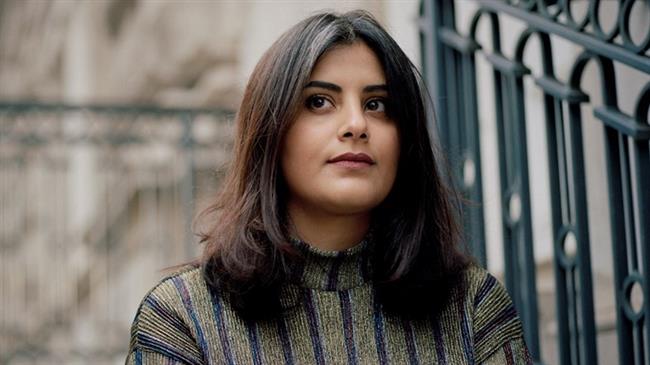
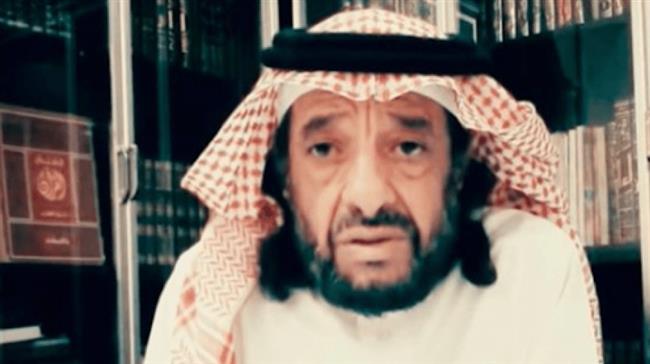
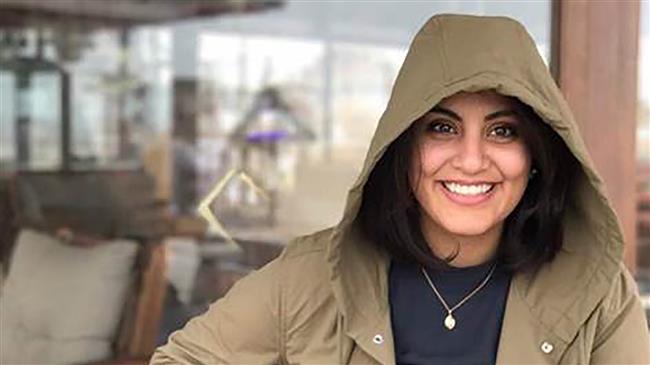
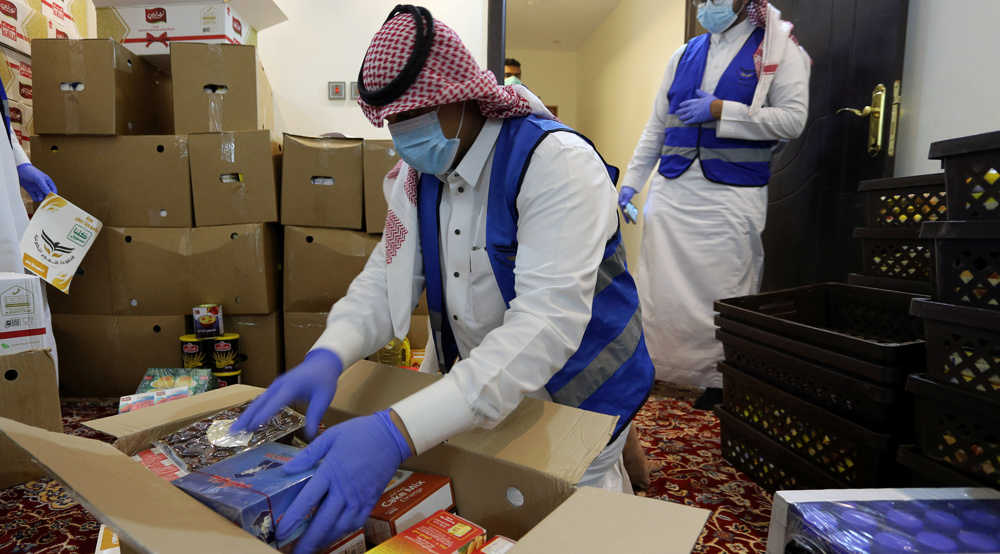
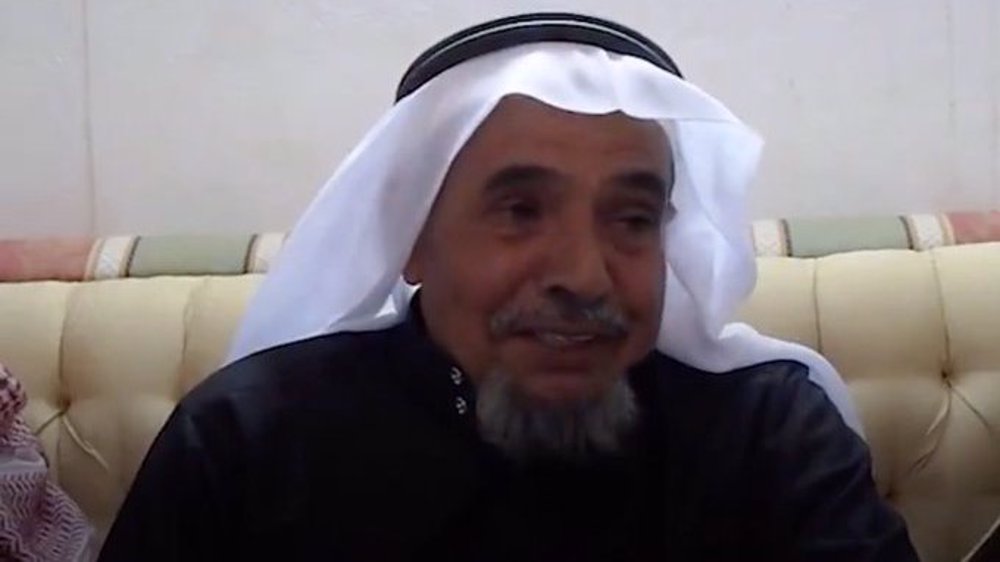
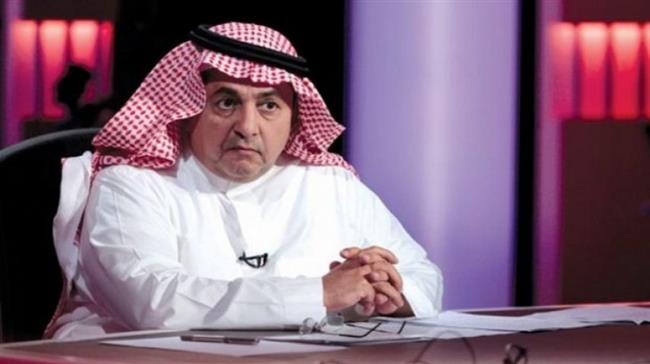
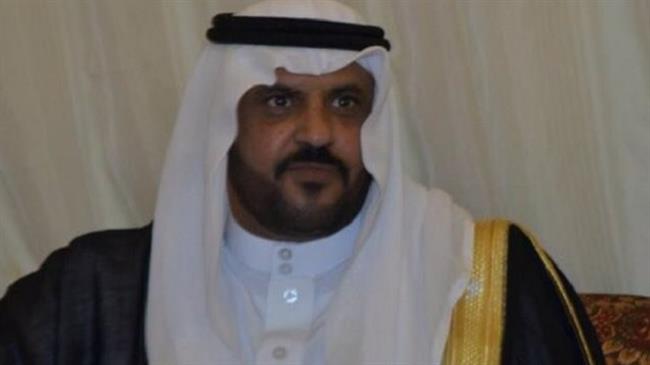
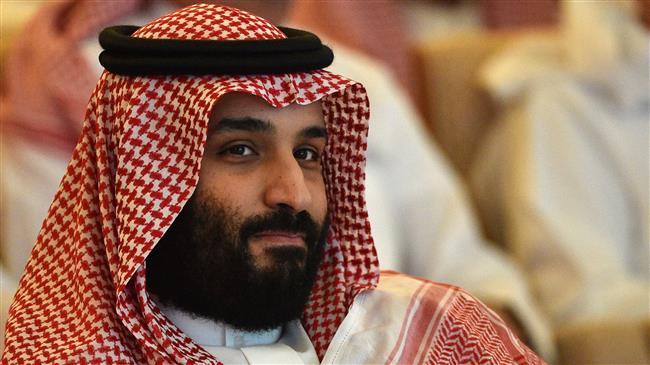
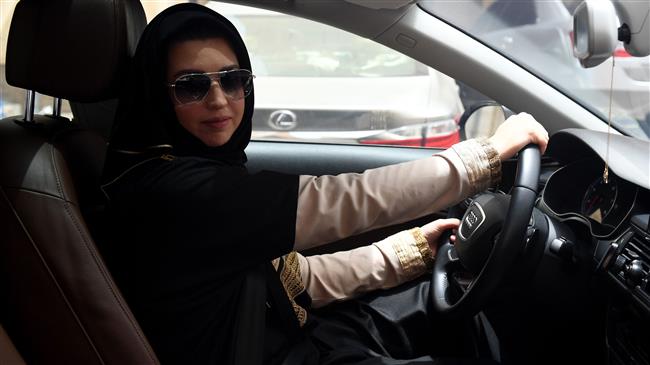
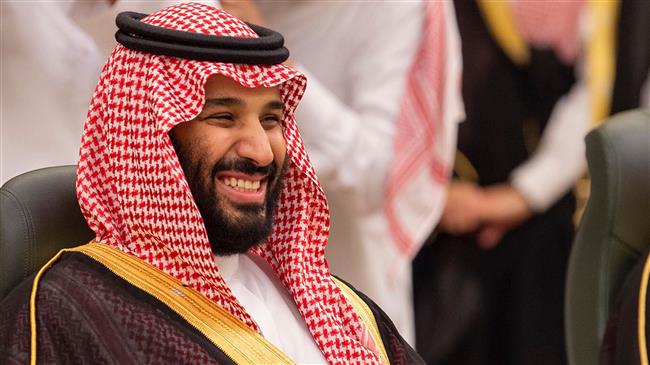

 This makes it easy to access the Press TV website
This makes it easy to access the Press TV website